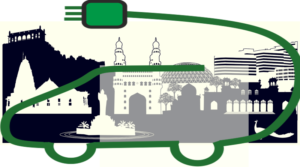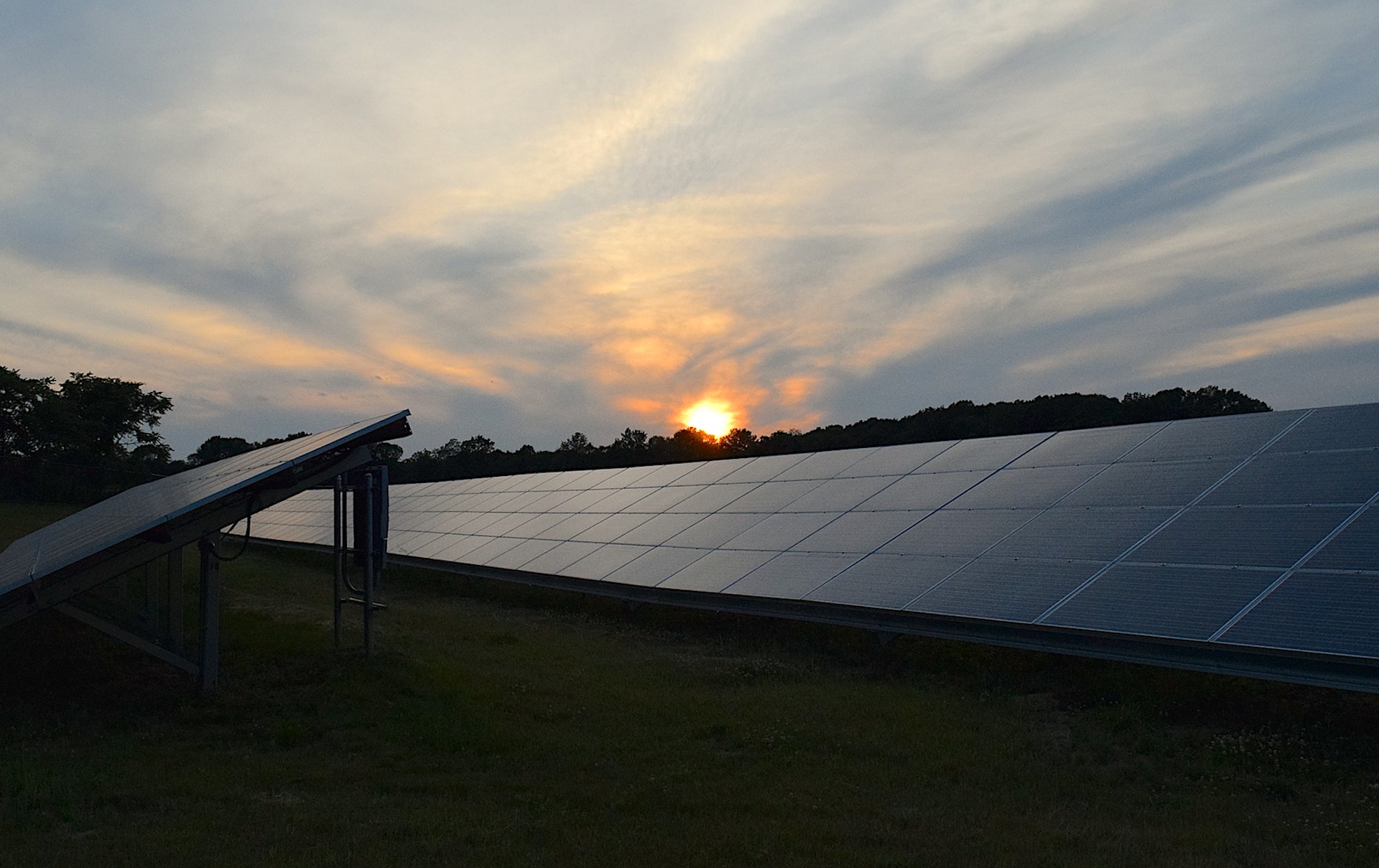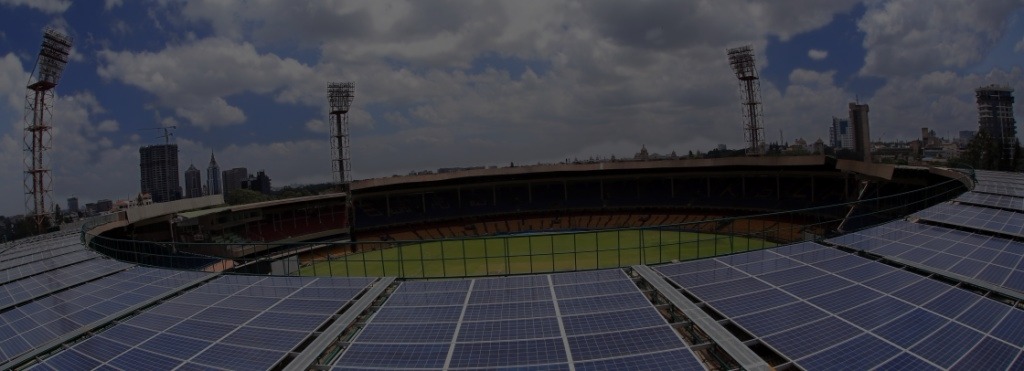Electric mobility which is being slowly adopted now in India as well, having very long and running market adaptability, has now been also accepted by Telangana. The state is among those to have propelled its very own electric vehicle (EV) policy, which it intends to declare after the model code of conduct for the Lok Sabha ends on May 19.
Speaking at a programme in Hyderabad, Jayesh Ranjan, State Principal Secretary, Industries, IT and Commerce, said: “The electric vehicle policy will focus on setting an infrastructure and helping EV usage become a reality.”
The state is keen to add to the Central Government policy, which has announced Faster Adoption and Manufacture of Electric Vehicles (FAME).
The state government additionally flagged off 50 EVs conveyed by Uber in partnership with Mahindra and Mahindra. Hyderabad has more than 30 functional charging stations, the second biggest number after Bengaluru which has around 50 charging stations. In Bengaluru, Ather Energy has the most number of stations. Some organizations which are willing to set up EV infrastructure incorporates Fortum and Indian Oil.
Telangana is endeavoring to advance the utilization of EVs. The state finalized its EV policy a year ago and chose to declare it after the dispatch of FAME II. In January, it declared that no road tax would be collected from EV proprietors.
The Telangana State Electricity Regulatory Commission has made another category of electricity consumers for EVs. This class will have a different tariff structure for EV charging or battery swapping stations – Rs 6 as compared to Rs 6.04/kWh (the average cost of service over the state). The Telangana State Road Transport Corporation has conveyed 40 electric busses. The Hyderabad Metro Rail Limited is also setting up charging stations to support the adoption of EVs.
 Indeed, even the government of Maharashtra has plans to set up EV charging stations over the State. Starting at now, there are just two charging stations in Pune.
Indeed, even the government of Maharashtra has plans to set up EV charging stations over the State. Starting at now, there are just two charging stations in Pune.
“Over the next decade, as the presence of solar electricity increases, every house can become a charging station, which means anyone can give power to, say, electric vehicle owners. This can be managed through the Magenta app, which will match demand and supply of charging stations and vehicles that need charging,” said Maxson Lewis, Founder of Magenta Power.
Magenta Power, which has 32 charging stations as of now, aims to set up over 450 stations by next year. It has also set up a solar power-based charging station for EVs on the Mumbai-Pune highway. “We have installed India’s first EV billing meter. We will soon also put in place charging installations in Pune, Bengaluru, and Hyderabad,” he said.
The startup also has a fast-charge solution that can charge an EV of 15 KV capacity in half an hour, which can give a car a range of around 140 km.
Clearly, it’s time that other states also hit the ground running when it comes to EVs.


